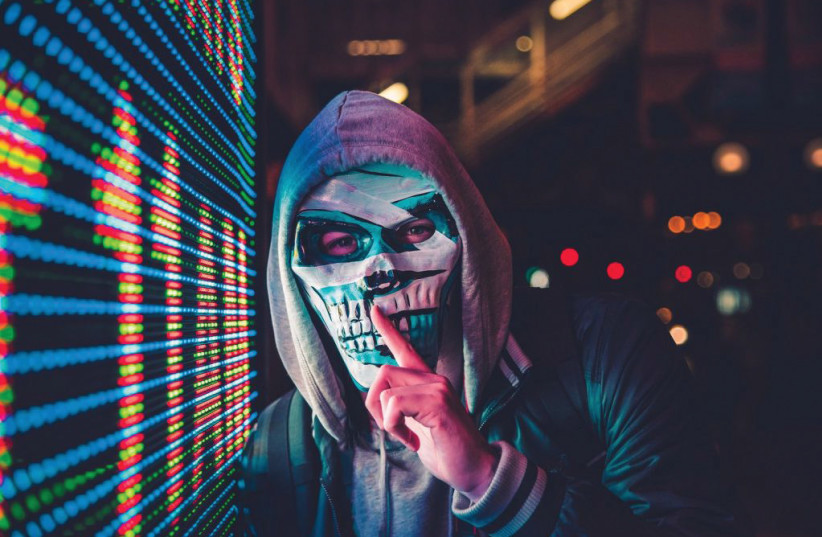"You’re too Israeli.” These words struck me before one of my classes on Thursday afternoon. I’m confused as to why my peers chose these words to justify their disapproval of me. They could have picked a number of other reasons – my politics, my hair, or even the way I walk. Instead, they chose to distance themselves from me because of my nationality, a part of my identity I have no control over. One that I am proud of.
I am a first generation Israeli-American born to two Israeli immigrants. Raised half the time in the United States and half in Israel, being Israeli is who I am – it’s something I cannot run away from. It’s a question I get asked when people hear my name for the first time. Michal. It has a guttural “ch”, making it difficult for Americans to pronounce – even after they try to perfect it for five minutes. It’s a part of my identity that took years for me to embrace and love after being ashamed and embarrassed of my non-western name and different upbringing than my classmates.
Yet I am told that if someone doesn’t like me based on my nationality, it’s my fault. That I should apologize and diminish my identity instead of addressing the utter xenophobia targeted at me.
“I hope you and your family get hit by a rocket, you dirty colonizer.”
“There are no two sides to the conflict.”
“You’re Israeli – you have no trauma.”
War and acts of terror is something I know all too well. Living in Israel in 2014 during Operation Protective Edge meant waking up at 6 a.m. or stopping short a math lesson to run to the bomb shelter and confusing a suicide bus bombing right behind my school for a rocket. As I sat with my friends in the bomb shelter, crying and calling our parents, I knew then that I would never forget those moments of fear and confusion. I carry these memories with me every day, and every day these experiences are invalidated because I am Israeli. Often I am told that Israelis lack conflict-related trauma because we are the perpetrators. I am told that it doesn’t matter that I was a teenager in 2014 who was only entering high school – because I am Israeli.

I am forced to justify my family’s existence daily because of where we come from. I am called a Nazi, a colonizer and a baby killer daily due to my nationality – and it’s glossed over by society because it’s just valid criticism of Israel, right?
I imagined the world would lose this bias in mourning the loss of an Israeli. Maybe then they would see our humanity. I was wrong.
As the Jewish community grieves from the loss of Eliyahu David Kay after he was murdered by a Hamas terrorist in the Old City of Jerusalem, many took to social media to justify his death because he was Israeli.
“Joining the IOF as a white settler from South Africa in order to participate in the systemic killings of Palestinians is an interesting definition of ‘innocent.’” IOF is a nasty reference to the IDF, with the ‘O’ standing for occupation.
“What does ‘civilian’ mean under settler colonialism?”
“The methods of resistance deployed by the colonized and oppressed will never be seen as ‘legitimate’ by the colonizer or the imperialist.”
Israelis do not get the luxury of being seen as human or innocent. Before we are anything, we are Israeli, the evil settler-colonialists who move to Israel with blood on their hands. Even as Kay was walking in civilian clothing to the Western Wall to go pray, he did not receive the luxury of being seen as a civilian, son, friend, or fiancée – because he was an Israeli Jew.
I am sick and tired of the blatant xenophobia targeted at Israelis that is so readily accepted within society in 2021, and the fear that comes with speaking Hebrew or saying my name because someone might realize I’m Israeli.
Someone recently asked me why I constantly say I’m Israeli and put myself in uncomfortable situations. This is why. Because by humanizing myself – and in turn, Israelis – it’s harder for people to dehumanize us. But I shouldn’t have to do that to get others to view Israelis as human.
The writer is a senior at American University and chief marketing officer of Jewish on Campus.
